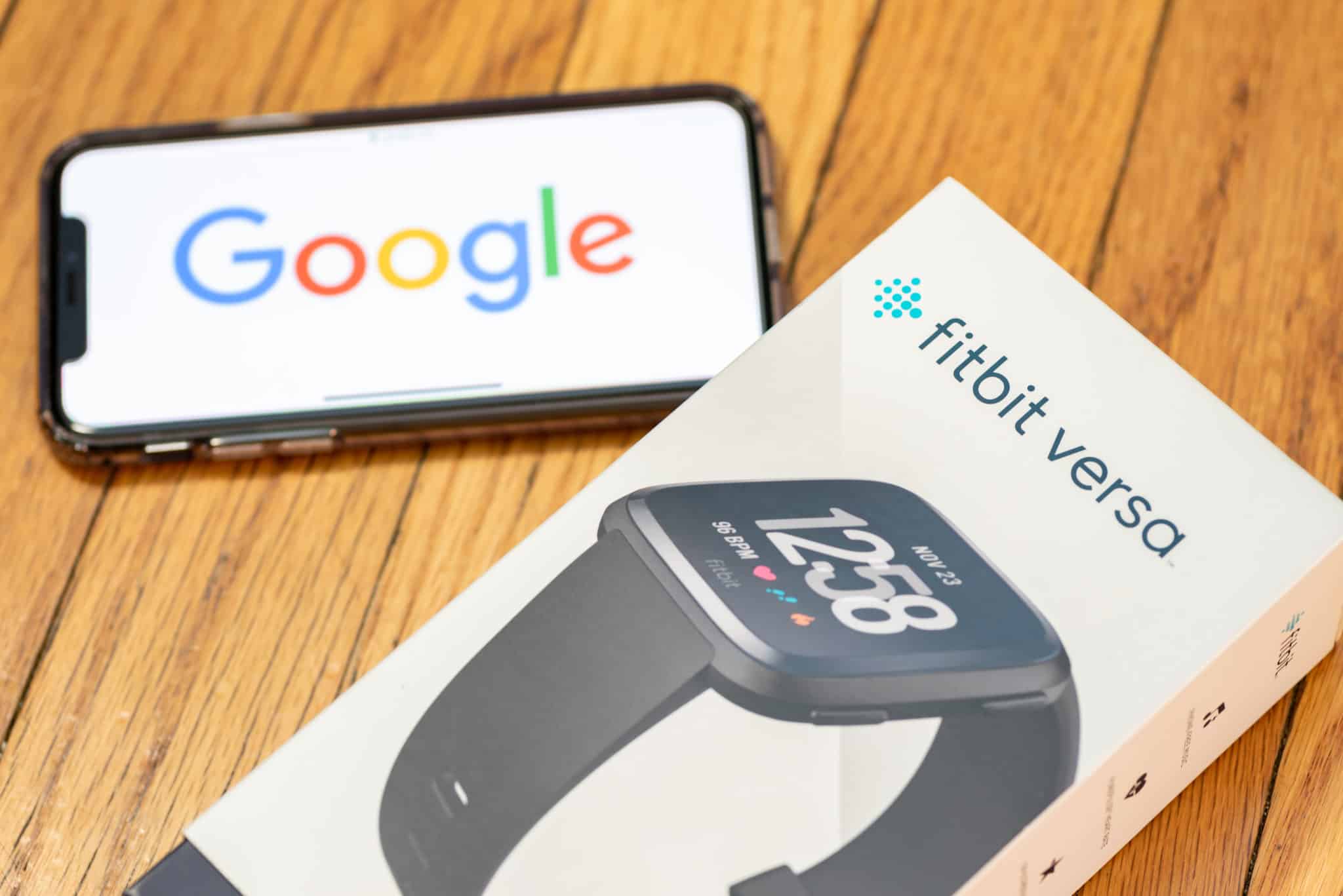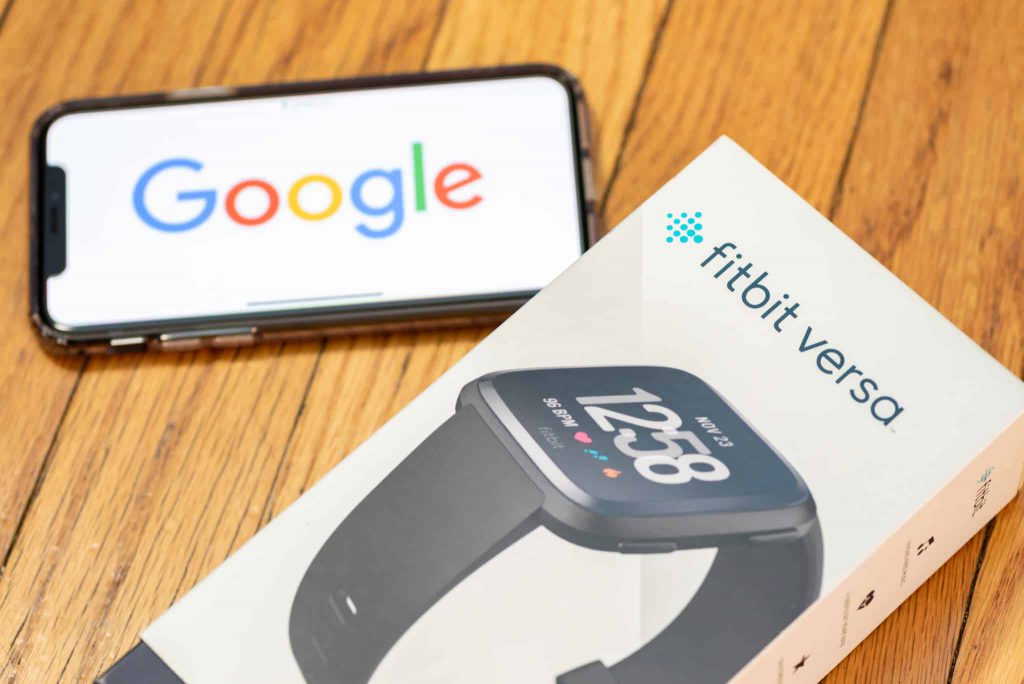
Google’s Fitbit Deal Needs Deep Scrutiny
A coalition of 20 organizations from the US, Europe, Latin America, and elsewhere raised their concerns over Google Inc.’s takeover of health tracker company Fitbit Inc. on Thursday in a statement sent to antitrust authorities in seven jurisdictions, including the US and the European Union (EU).
The privacy and consumers groups said the search giant’s $2.1 billion bid for Fitbit needs to be investigated closely by global regulators, as the deal would potentially strengthen its already dominant position in the digital markets.
Google’s Fitbit Acquisition Threatens to Undermine Other Rivals
Google’s acquisition plan raised antitrust and privacy concerns as soon as it was announced in November.
The issue came while it faced antitrust scrutiny under the US Justice Department, a congressional committee, and several states for allegedly using its substantial market power to undermine smaller rivals.
A spokeswoman for Google said the tech wearable space was crowded, and the deal is about devices, not data. They believe the merging of the two companies’ hardware efforts will fuel the competition in the sector, benefiting consumers and making next-gen devices better and more affordable.
The search giant made the proposal to contend with competitors in the crowded market for fitness trackers and smart watches. Fitbit’s market share has been pressured by tech giants such as Apple Inc. and Samsung Electronics Co. Ltd.
The groups stated that past experience shows that regulators must be very wary of any promises made by merging parties about restricting the use of the acquisition target’s data.
Regulators must assume that Google will in practice utilize the entirety of Fitbit’s currently independent, unique, highly sensitive data set in combination with its own, the groups added.
The consumer groups warned that Google’s takeover of Fitbit, which has about 30 million users, could allow it to extend its existing power in digital markets to health care and possibly weaken new competition.
The deal will also potentially provide the search giant more profiling data to strengthen its search engine and advertising businesses.
EU antitrust regulators have until July 20 to decide whether the proposed $2.1 billion agreement should be cleared with or without concessions or extend the investigation.
EU regulators have sent questionnaires, asking the search giant and Fitbit’s rivals whether the merger will disrupt competition or put other fitness tracking apps in the Play Store at a disadvantage.
The questionnaires also asked rivals to weigh the impact of the deal on Google’s growing digital healthcare business.
Australia’s competition authority had also expressed concerns over the company’s access to health data and said it would make a final verdict next month.


